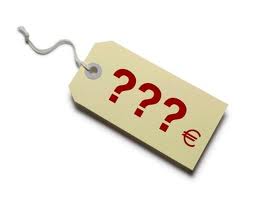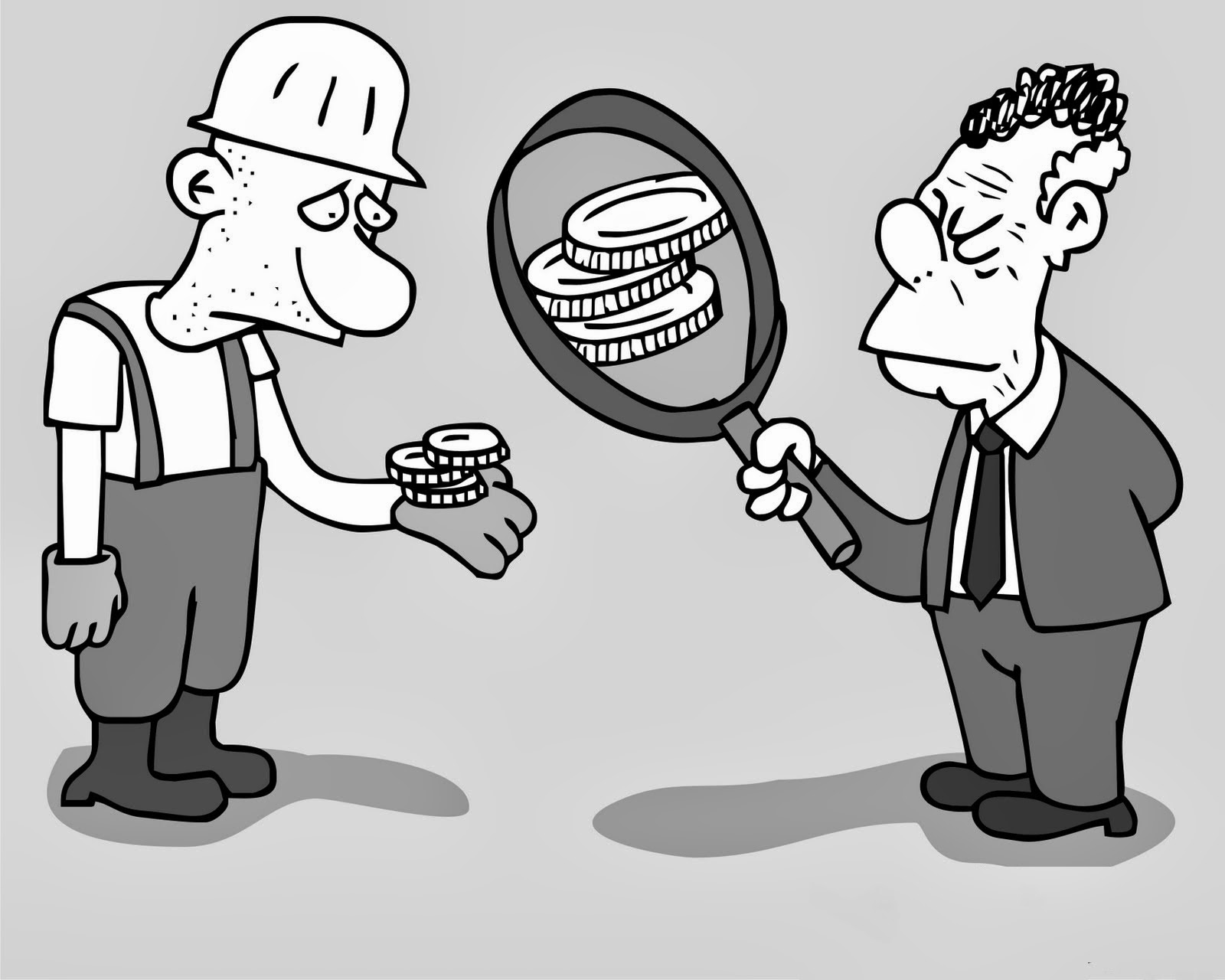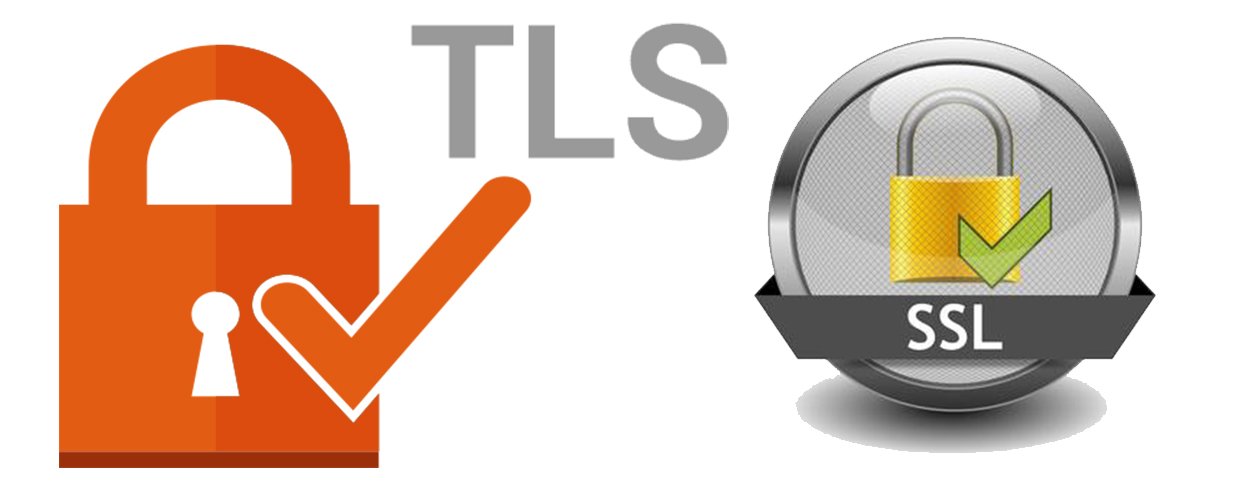ARGUMENT: HOW DOES MY PRODUCT HELP YOU?
“The conversation with your client has to be related to value. The price makes sense to the customer as long as it is related to the value that he perceives from our offer. Faced with the very common objection of the client who says this is very expensive or it seems very expensive to me or the competition leaves it cheaper for me, it is not a price problem but a perception of value by the client ”, says Jaime Castelló, associate professor of the Marketing Management department of Esade Therefore, we must quickly direct the conversation towards what is the value that our product and / or service provides and what price would you put on that improvement that we are making in your life (if it is a particular) or in your business (if your client is another company). And, in that sense, the job of the sales team is to bring to light everything that your product contributes.
"For example," says Castelló, "if you sell shampoo, you should not focus your arguments on head hygiene, but on health, personal care, public appearance, etc., that is, on those aspects that really have value. for the people who are going to use it. We would not have to talk so much about characteristics as how it improves people's lives. Or, for example, in business software, it would not be so much to focus on what things can be done with a certain computer program but on factors such as how much money you will save, how much money you will earn or how much you will increase your productivity, if you implement your solution". And, of course, the best strategy is to ask the customer directly what they think of your offers and those of the competition.
ARGUMENT: what is your attribute? and turn into it
“You must be very convinced of what difference your product has in relation to others on the market. And when you discover it, focus on those customers who value it the most. Because not all products have the same value or represent the same differentiation for all consumers. For this reason, if something differentiates you, an attribute, you must refer to it in your argument ”, underlines Javier Rovira, professor of Strategic Marketing at ESIC Business Marketing School.
Along these lines, Juan Carlos Alcaide, director of MdS (www.marketingdeservicios.com), tries to ensure that your product and / or service is not comparable with those of the competition. “For example, in my case for my consulting services, when they ask me for a training offer - and since I suppose that other competitors are going to offer very cheaply - I gamble and package the training with the advice. And if they don't buy the entire package from me, I won't provide the service, because I don't want to be the cheapest. In this way, I manage to make my product and / or service incomparable with respect to those offered by my competition ”.
ARGUMENT: trust, confidence and trust
Alcaide also recommends focusing your arguments on the trust that your company can transmit to customers: “And you can work it with elements such as the personal connection of advisers, consultants, technicians, etc. You must work on trust defending the idea of credibility, for example, with belonging to a large company or, on the contrary, as we are a small company, we take better care of you. That is, managing the size at your convenience. Or highlighting links with foreign companies, links with companies that provide support, that provide after-sales ... Also customer service commitments (not to be confused with guarantees). For example, if this happens I will compensate you with something else, that is, with letters of commitment for services, etc. ”.
ARGUMENT: cheap will always be very expensive
Javier Oubiña, from the Faculty of Economic and Business Sciences of the Autonomous University of Madrid, recommends delving into the classic Cheap is expensive. “The basis is to reinforce the idea of perceived quality. Argue and give reliability to what you offer through your brand equity. Many times, a decrease in prices is linked to a decrease in quality. Defend your price because you defend quality, service, reliability, branding, etc. It emphasizes that cheap can be expensive. It transmits to the client that he must have a global vision in the medium and long term of the purchase process and not consider it from the point of view of the short term and more with the current situation where the price factor is being decisive ”.
ARGUMENT: it is my minimum product and if you want more ...
Julián Villanueva, Professor of Marketing at IESE, acknowledges that, in many markets, “the consumer has moved downwards (cheap prices and low quality) and does not want added services, but a minimum or basic product according to their needs and cheaper. The important thing there is to know your client and know what they want ”. In this sense, Rovira, from ESIC, recommends having a price list based on the functionalities of the product: “From a basic one to a more complex one. And for that evolution, more will be paid. If you want the basic one, it will cost you X, and if you want more services, it will cost you X plus Y. Let the customer choose the offer ”.
ARGUMENT: the service does not end here, but continues
José Luis González Varela, independent consultant for Wacc Management Services (http: /wacc.es), proposes that you emphasize that your relationship with the client does not end when you pay the invoice, but that it will be permanent, “from the moment it enters through the door until you leave to buy again, because you are satisfied. You must accompany the client at all times, that the relationship is continued over time, so that when they have a problem, you can help them ”.
Fountain:
http://www.emprendedores.es/














No Comment